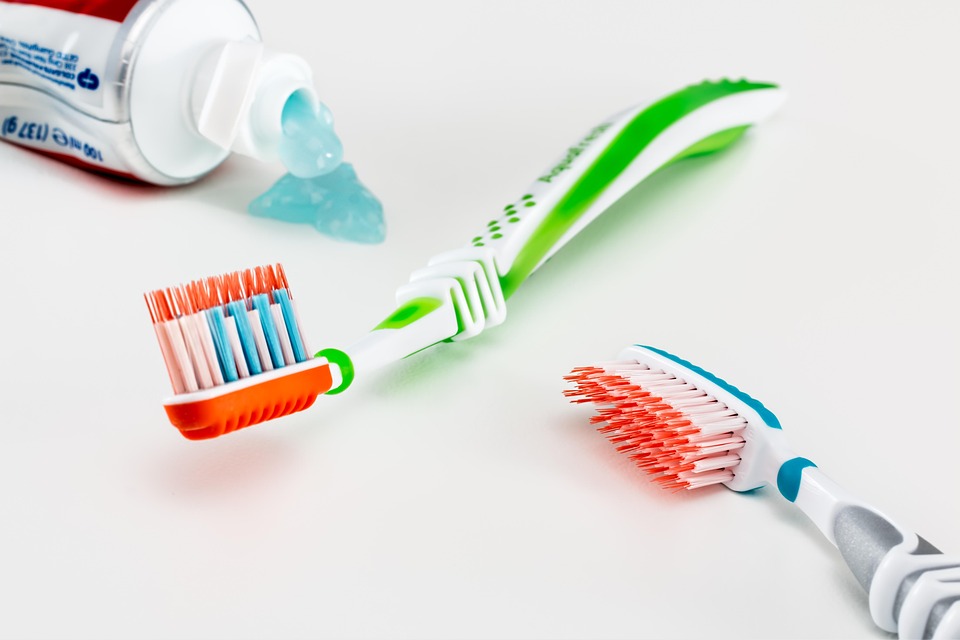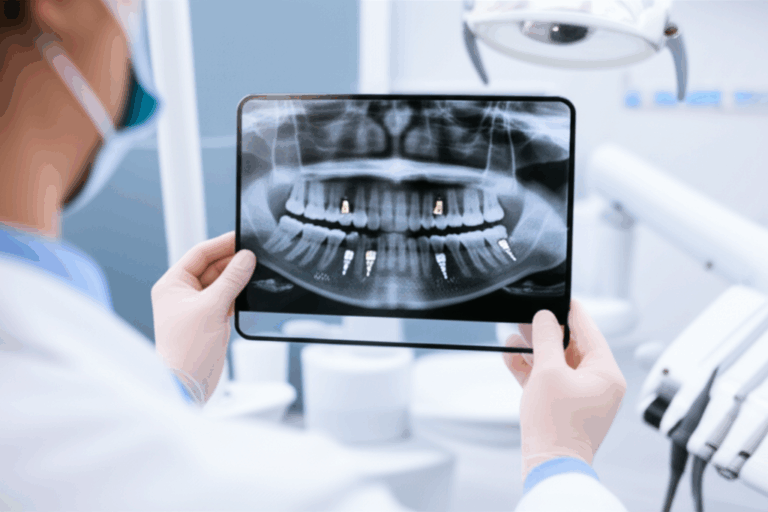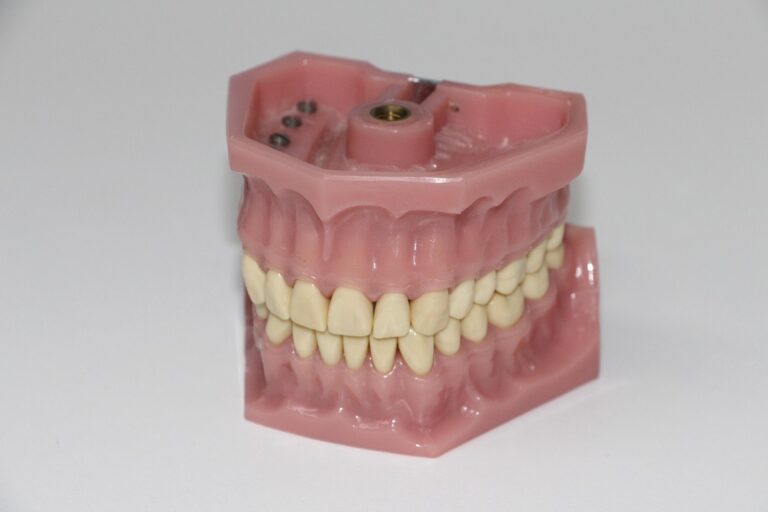
Can Dental Implants Cause Neurological Problems
Ever wondered if getting dental implants could cause serious nerve or brain problems? It’s a worry that sometimes keeps people up at night after seeing their dentist. In this post, I’ll talk about real facts on dental implants and nerve problems—using personal experience, advice from experts, and science. Read on and you’ll learn what the risks are, how rare they really are, and what you can do to keep yourself safe. Trust me—this is something you’ll want to know before you get in that dental chair.
Article Outline
- What Are Dental Implants and How Do They Work?
- Why Are People Worried About Neurological Problems With Implants?
- What Kinds of Nerves Run Close to Dental Implants?
- Can Dental Implants Really Touch or Damage Nerves?
- What Are the Symptoms of Nerve Damage After Dental Implants?
- How Often Do Neurological Problems Happen After Dental Implant Surgery?
- china dental lab, zirconia lab, emax dental lab, and 3d dental lab: Does the Source of Your Implant Matter?
- How Does Your Dentist Prevent Nerve Injuries With Dental Implants?
- What Should You Do If You Feel Pain or Numbness After Getting an Implant?
- Is It Possible to Treat or Reverse Nerve Damage From Dental Implants?
- Key Steps You Can Take to Stay Safe With Dental Implants
What Are Dental Implants and How Do They Work?
Dental implants are tiny metal posts (mostly titanium) that dentists use when you lose a tooth. Think of them like strong, fake roots stuck into your jawbone. After the post is in, your dentist puts a false tooth or crown on top. This new tooth looks good—and works like a real one.
When I had my implant done, my dentist explained every step. First comes a scan to look at your bone, then the careful placing of the implant. It doesn’t happen all at once—your bone has to grow around the implant to hold it tight. This healing, called “osseointegration,” takes a few months. After that, your new smile is ready to show off.
Dental implants have made dental care a lot better. People can chew, smile, and talk without worrying their fake tooth will fall out. Other tooth replacements—like bridges or removable dentures—often don’t feel as good or work as well.
Why Are People Worried About Neurological Problems With Implants?
Let’s be honest: anytime someone is working inside your mouth, it’s normal to be scared. Stories about numb lips, tingling chins, or sharp pains sometimes come up after implant surgery. Some people read about rare cases where nerve injuries cause trouble speaking or swallowing. That’s enough to make anyone nervous.
So what’s the real danger? The nerve that dentists worry about most is the inferior alveolar nerve. It runs through your jawbone, very close to where dental implants might be placed. If the implant touches or pushes through this nerve, problems can show up, like numbness or tingling.
But let’s not make it sound worse than it is. The chance of anything serious happening is low if your dentist does everything right. Still, knowing there’s a risk can make you worry. I felt nervous too before my implant.
What Kinds of Nerves Run Close to Dental Implants?
A quick look at your mouth: your jaw is not just bone. It has important nerves running all around. The main one is the inferior alveolar nerve, which gives feeling to your lower lip, chin, and most bottom teeth. In the upper jaw, there’s the infraorbital nerve—it helps you feel your cheek and upper lip.
When your dentist plans an implant, they look at maps of these nerves. These nerves are kind of like live power lines under a road. If you hit them, you have problems. Stay away, and it’s all good.
This is where today’s dental care helps. Now, 3D dental lab imaging lets dentists see every curve and turn of the nerves in your jaw. With this, planning for implants is much safer than before.
Can Dental Implants Really Touch or Damage Nerves?
Yes—they can, if the implant is put too close, it might press on a nerve or even go through it. That sounds scary because it is. But this almost always happens because of a mistake or bad planning.
Sometimes it’s nobody’s fault. Bone loss, odd jaw shapes, or sudden movement can make things harder—even for a careful dentist. But most of the time, nerve injuries happen when someone skips good imaging, guesses where nerves are, or is just too quick on the job.
I remember my own surgery. My dentist showed me clear pictures on his computer, pointed out where all the nerves ran, and told me how he’d stay far away from them. That made me feel better. You want a dentist who’s careful, not one who just “wings it.”
What Are the Symptoms of Nerve Damage After Dental Implants?
If a dental implant hurts a nerve, you’ll usually notice soon. Here are the common signs:
- Numbness or tingling in your lip, chin, or gums.
- A “pins and needles” feeling that won’t go away.
- Shooting pain that stays or gets worse.
- Sometimes, trouble moving your face, swallowing, or talking after surgery.
A friend of mine couldn’t feel part of his chin for weeks after a fast implant job. He was really worried—not knowing if feeling would ever return.
Most times, the problems are small and fade away as the nerves fix themselves. But every once in a while, the damage sticks—and that can really mess up your daily life.
How Often Do Neurological Problems Happen After Dental Implant Surgery?
Let’s talk real numbers: true nerve problems after dental implants are very rare. Studies say permanent nerve injuries happen in less than 1 out of 100 cases. Mild, short-term numbness or tingling is more common—maybe 5 to 10 out of every 100 surgeries—but usually is gone in a few weeks.
So, why do we hear so many scary stories? Because rare bad news spreads fast. Seeing an “implant disaster” post online can scare anyone, but for every one bad story, there are thousands of people eating happily with their new teeth.
Want the best chance to avoid nerve problems? Pick an experienced dentist who uses modern tools like 3D scanners. Many now use zirconia lab or emax dental lab products that are made just right for every person. These details really count!
China Dental Lab, Zirconia Lab, Emax Dental Lab, and 3D Dental Lab: Does the Source of Your Implant Matter?
You might not think much about where your implant comes from, but it actually matters a lot. Some dentists use items from a 3D dental lab near you. Others get implants from top zirconia labs or order from a china dental lab.
Here’s what matters: good dental labs use stronger materials, better testing, and more exact digital pictures. Crowns made from emax dental lab ceramics or zirconia not only look nice—they last longer, too.
If your dentist uses sketchy, cheap suppliers, your risk (even of nerve problems) goes up. The best labs don’t just make better-looking teeth—they help your dentist get the fit right, and keep away from nerve areas.
So, when you’re getting work done, ask where your implant or crown is made. Your mouth deserves good quality.
How Does Your Dentist Prevent Nerve Injuries With Dental Implants?
This is where careful planning meets new tech. First, your dentist uses digital scans—like from a 3D dental lab—to look at where every single nerve runs in your jaw. Next, they check how much bone you have and choose the right size of implant.
Many times, your dentist will “mark off” the safe zones before starting—kind of like drawing a line saying “don’t go here” around your nerves. During surgery, they might even use special guides custom made by zirconia or emax dental labs to make sure every step is right.
Talking matters too. A good dentist will ask about past dental problems, health issues, even if you grind your teeth—everything counts in staying away from nerve trouble.
What Should You Do If You Feel Pain or Numbness After Getting an Implant?
If you get home and something feels wrong—like tingling, numbness, or a sharp pain that won’t stop—don’t just wait. Call your dentist right away.
Catching nerve problems early can really help. Your dentist might move the implant, give you medication, or send you to a nerve specialist if it’s serious.
Don’t let anyone say numbness is “normal” if it goes on for days. Nerves are important—and it’s always better to be careful. Acting fast can save you from lasting problems.
Is It Possible to Treat or Reverse Nerve Damage From Dental Implants?
The truth is: some nerve injuries heal by themselves over weeks or months. Nerves can “wake up” slowly once swelling goes down. Lots of the time, the problem just disappears as quickly as it came.
But sometimes, it’s tougher. If the nerve is really squeezed or cut, you might end up with permanent numbness or pain. You may need help from a nerve doctor or pain expert then.
Treatments can include medicine for nerve pain, special therapy, or even surgery to move the implant. The quicker you get help, the better your chances to get back to normal.
Key Steps You Can Take to Stay Safe With Dental Implants
If you’re reading this, you might be thinking, “How do I make sure I don’t get these nerve problems?” Here’s what I think, after years writing about health—and my own trips to the dentist:
- Pick a dentist or surgeon who’s done lots of implants. Ask how many they did and what tools they use.
- Make sure you get digital scans—like 3D images—to see your nerves before surgery.
- Ask where your implant or crown is made. Look for good zirconia lab, emax dental lab, or nearby 3D dental lab work.
- Tell your dentist about your health—allergies, medicine, or nerve problems before. Everything is important.
- Don’t ignore pain, numbness, or tingling. Tell your dentist as soon as you notice anything.
- Follow all the recovery instructions—eat right, get rest, take care of your mouth, and go to your checkups.
Bullet Point Recap:
- Dental implants hardly ever cause nerve problems when done right.
- Nerve injuries can happen but are almost always avoided with good planning and scans.
- Things like numbness or tingling after surgery should never be ignored.
- The quality and source of dental lab materials—zirconia, emax, or 3D dental lab—matter a lot.
- Acting quickly can often help or even fix nerve damage if it happens.
- Pick your dental care provider carefully and ask questions.
Your teeth are meant to last. By making smart choices, you can get a bright new smile—without worrying about nerves.








